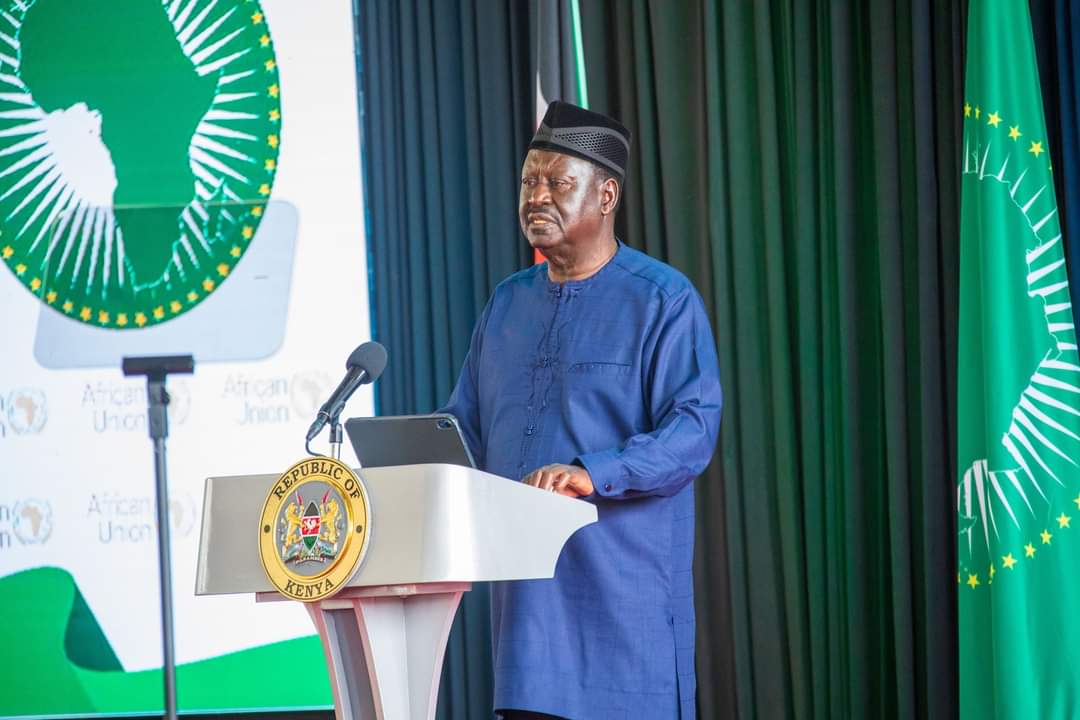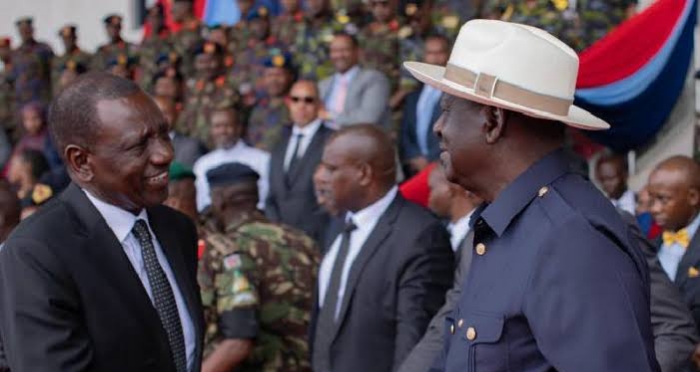The High Court has dealt a significant blow to President William Ruto and opposition leader Raila Odinga by declaring the IEBC Amendment Bill 2023 unconstitutional.
Justice Lawrence Mugambi, in his ruling on December 13, cited a lack of public participation as the basis for annulling the law, which sought to overhaul the Independent Electoral and Boundaries Commission (IEBC).
The Bill, signed into law by President Ruto, was a product of the bipartisan National Dialogue Committee (NADCO), formed after contentious 2022 elections to resolve protests led by Raila’s Azimio la Umoja coalition.

Orange Democratic Movement Party leader Hon Raila Odinga during his AUC bid launch in State House on August 27. Photo: Raila Odinga Source: Facebook
Among other reforms, it introduced a new structure for the IEBC selection panel, revised commissioner qualifications, and increased transparency in recruitment processes.
Despite these changes, critics argued the process behind the Bill’s enactment sidelined public involvement, violating constitutional requirements. Justice Mugambi’s decision now complicates efforts to reconstitute the IEBC ahead of the next election cycle.
This ruling marks a major setback for Ruto and Raila, who had come together to champion the reforms as a step toward political stability and credible elections. Instead, the decision exposes flaws in their collaborative approach and raises questions about the inclusivity of their legislative process.

Pres William Ruto giving his speech
Observers say the judgment underscores the judiciary’s role in safeguarding public participation in governance.
However, with the IEBC’s reconstitution now in limbo, both Ruto and Raila face mounting pressure to find alternative solutions without further polarizing the nation.
As the country awaits the next steps, this ruling highlights the fragile balance between executive actions, opposition cooperation, and adherence to constitutional principles.



